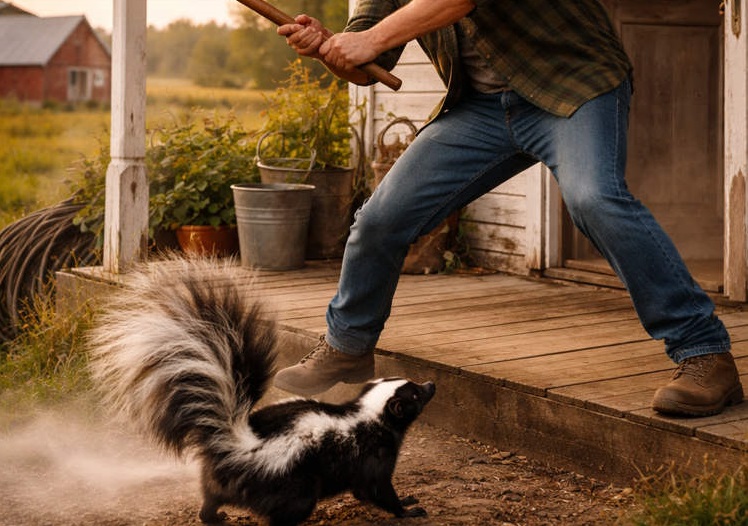Haunted houses, cockroaches or any kind of bugs for that matter, snakes, you name it, there’s nothing in this world that will freak this woman out.
I can’t even imagine what it would be like to never experience fear, but there is someone out there who really is fearless, due to a rare disorder, called the Urbach-Wiethe disease, which destroyed a part of her brain called the amygdala, where researchers believe the feeling of fear is born. A 44-year-old woman, whose identity hasn’t been revealed for reasons of confidentiality, suffering from this rare disease, has become a case study for researchers at the University of Iowa.
Scientists have tried everything to provoke her fear – spiders, live snakes, tours of haunted houses – but nothing seems to work. As a matter of fact, she has been exposed to very dangerous and scary situations in her day to day life, for example being held at gun point or knife point, or even life threatening domestic violence, but none of it caused her to be afraid. While it may sound like some cool superpower, her lack of fear and response can also be very dangerous for her as it comes with a lack of preservation instinct.

Daniel Tranel, researcher at the University of Iowa , explains: “She is aware that she does not have appropriate or normal responses to situations that would normally induce fear. For example, let’s say you walk up to your apartment door and there’s a stranger sitting on the park bench nearby that’s dressed in a threatening manner. It’s dark and you’ve never seen the person before. That’s a situation that would normally inspire fear in people. This patient has been in such situations numerous times and has not experienced fear in those situations.”
Taking all of this into consideration, scientists at the University of Iowa hope that, with her help, their research on how the amygdala functions will help find more effective treatment for patients suffering from PTSD (Post-Traumatic Stress Disorder). “Their lives are marred by fear, and they are oftentimes unable to even leave their home due to the ever-present feeling of danger.”, says Justin Feinstein, co-author of the study Current Biology













